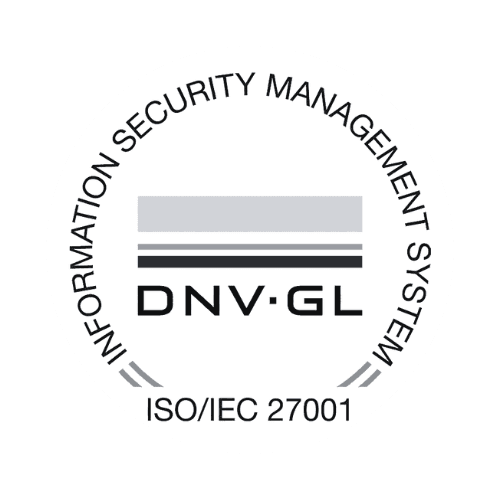Sé el primero en saberlo
Written by AI
Education as the Key to Empowerment: Perspectives and Approaches
Education plays a crucial role in empowerment, meaning the ability of individuals and communities to achieve self-determination and influence over their own lives and their surroundings. This article examines various perspectives and approaches regarding the significance of education for empowerment.
The Importance of Education for Empowerment
Education is not only the acquisition of knowledge and skills but also a process of empowerment. Through education, people can recognize and develop their own strengths and potentials. Education enables them to make their own decisions and take control of their lives.
Education is of great importance for both individual and collective empowerment. Individual empowerment enables individuals to pursue their own goals and actively participate in societal processes. Collective empowerment aims to strengthen communities and provide them with the tools and resources to bring about positive change.
The significance of education for empowerment cannot be underestimated. In Germany, education is considered a fundamental right that aims to provide every citizen with equal opportunities and possibilities. A well-developed education system not only imparts technical knowledge but also promotes social skills and critical thinking.
There are various educational pathways in Germany that allow people to pursue their individual interests and abilities. From early childhood education to school education and vocational training, there are diverse opportunities for personal and professional development.
Different Educational Approaches to Promote Empowerment
There are various approaches in education aimed at promoting empowerment. Formal education, such as attending schools and universities, can provide a solid knowledge base for empowerment. Through formal education, individuals gain access to fundamental competencies and skills that enable them to actively contribute to society.
Informal education, such as learning outside formal educational institutions, can also play an important role. Informal education allows people to pursue their interests and passions and to expand their knowledge and skills in their own way. Informal education can take place through self-study, mentoring, or participation in informal communities and organizations.
Another important educational approach to promote empowerment is non-formal education. This type of education takes place outside the traditional teaching framework and focuses on imparting practical skills and social competencies. Non-formal education can be offered in the form of workshops, training, or volunteer work and aims to strengthen learners’ self-efficacy and self-esteem.
In addition to the aforementioned educational approaches, political education also plays a crucial role in promoting empowerment. Through political education, people learn how they can engage in political processes to bring about change in society. This can happen by participating in political discussions, writing petitions, or actively participating in political organizations.
Challenges and Opportunities in Education for Empowerment
Although education is a powerful tool for empowerment, there are also numerous challenges that must be addressed. Barriers to access to education, such as financial constraints or inadequate infrastructure, can hinder access to education for many people. It is important to develop innovative strategies to overcome these obstacles and enable access to education for all.
In this context, the role of politics plays an important part. Education policy should aim to promote equal opportunities in education and eliminate barriers to access. This requires both national and international cooperation to improve educational opportunities for all and to promote empowerment globally.
Another important aspect of promoting empowerment through education is the quality of education itself. It is not enough to simply provide access to education; it is also crucial to ensure that the education is of high quality and imparts relevant skills. This requires continuous monitoring and evaluation of the education system to ensure that learning objectives are met and that students are adequately prepared for the demands of the modern world.
Furthermore, it is essential to consider the diversity of learners and ensure that educational content and methods are tailored to the individual needs and backgrounds of students. Only in this way can inclusive education be guaranteed, offering all learners equal opportunities to realize their full potential.
Future Perspectives for Education and Empowerment
The future of education and empowerment also lies in the integration of modern technologies. Educational technology can expand access to education and create new learning opportunities. By using e-learning platforms, interactive learning tools, and virtual classrooms, people can access educational content regardless of their location and shape their own learning paths.
Sustainable education is another important aspect for future empowerment. Sustainable education aims to impart knowledge and skills that are essential for sustainable development. By integrating environmental education and social justice into educational programs, people can be empowered to create positive changes in their surroundings and build a sustainable future.
Overall, education is a critical factor for the empowerment of individuals and communities. The significance of education for empowerment cannot be underestimated, and it is crucial to develop innovative approaches and strategies to improve access to education and promote empowerment worldwide.
The educational landscape in Germany is characterized by diversity and quality. With a dual education system combining theoretical knowledge with practical experience, young people are optimally prepared for the job market. Furthermore, there is a wide range of colleges and universities in Germany that offer excellent academic education.
Another important aspect of education in Germany is the promotion of lifelong learning. Through various continuing education programs and courses, individuals have the opportunity to continuously expand their skills and knowledge and to develop professionally and personally. This focus on lifelong learning helps ensure that the German population remains up-to-date and can meet the demands of an ever-changing job market.








